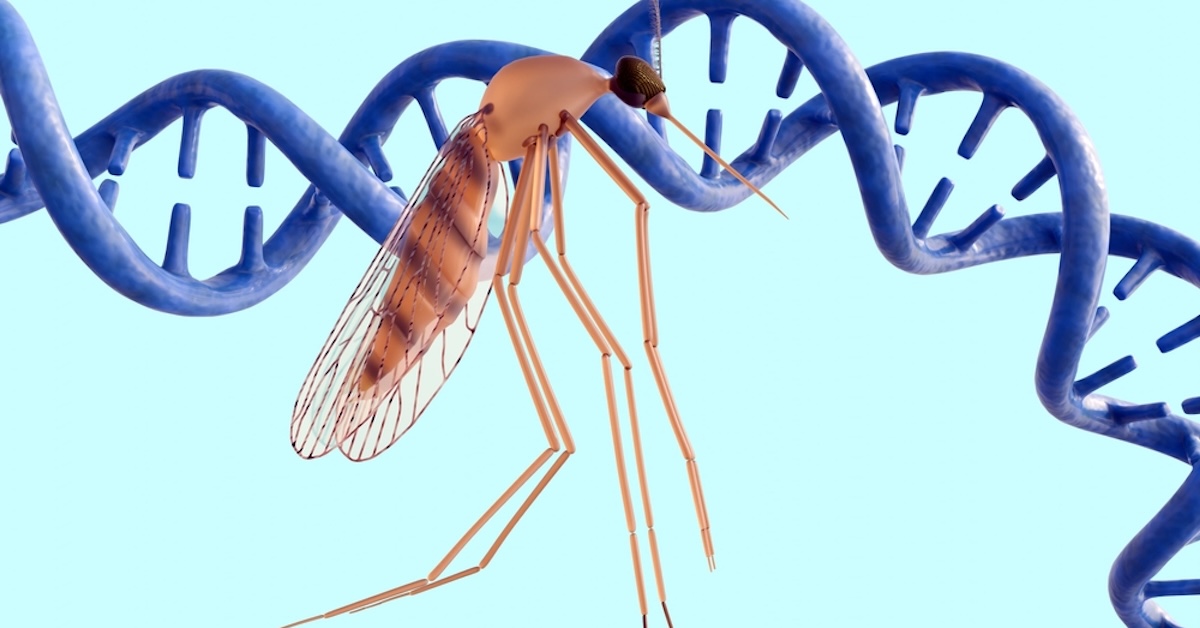 GM mozzies plan had attracted strong opposition from the public and scientists
GM mozzies plan had attracted strong opposition from the public and scientists
In a victory for public health and the environment, the British biotech firm Oxitec and CSIRO have withdrawn their application to commercially release millions of genetically engineered mosquitoes across Northern Australia.
This follows the announcement this summer that Oxitec has launched a facility in Brazil to produce non-GMO Wolbachia-infected mosquitoes. Wolbachia is a naturally occurring bacterium that biocontrol companies are using to prevent mosquitoes from transmitting dengue and other diseases. It’s a non-GMO approach.
Oxitec claims its Wolbachia infected mosquitoes are “capable of protecting up to 100 million people threatened by dengue”. Oddly enough, however, Oxitec previously opposed Wolbachia use in California. But that was before the company stood to profit from investing in the technology.
Plans to release GM mosquitoes were “foolhardy”
GeneEthics director Bob Phelps welcomed the announcement of the withdrawal of the application, commenting, “Benign Wolbachia mosquitoes that prevent dengue fever from transferring from person to person have already reduced the disease rate to near zero without the risks that CSIRO’s proposal posed.
“Wolbachia prevent disease transmission without crashing mosquito populations as the CSIRO releases would have done.
“CSIRO’s large scale commercial GM mosquito releases without any Australian small-scale lab and field trials first, would have been extremely foolhardy.
“Oxitec’s GM mosquito releases in North and South America failed and they would have failed here too while causing health and environment havoc.”
Bob Phelps warned that crashing the mosquito population would have meant ecosystem disruption, as mosquitoes are key pollinators and a feed source for bats, frogs, birds, dragonflies and many other creatures.
He added, “GM mosquitoes would have been sold to businesses and the public so anyone in Queensland could have bought and released them anywhere, anytime, and on any scale, without any precautions at all.
“Queenslanders are massively opposed to GM mosquito releases, with large petitions to the Queensland parliament and the federal regulator OGTR. We are very pleased that for once the Gene Tech Regulator and CSIRO have listened to public and expert opposition and cancelled their dangerous proposal.”
Scientists worried
Oxitec and CSIRO’s application to release the GM mosquitoes in Australia had also attracted strong opposition from scientists. Back in February this year, Dr Perran Ross, a scientist at the University of Melbourne who worked on mosquitoes for more than a decade, told the Guardian, “We should be very concerned about this release going ahead as planned. I’m not opposed to the [GM] technology in general but I am opposed to the approach they’re using, taking a foreign mosquito strain and then releasing that straight into the wild.”
Oxitec’s GM mosquito strain OX5034 is engineered from mosquitoes originating from Mexico. Though Oxitec has conducted field trials in the United States and Brazil, releases have not taken place in Australia.
Dr Ross said Australian mosquitoes are uniquely susceptible to insecticides such as pyrethroids. “There’s insecticide resistance almost everywhere else in the world. If you’re releasing a mosquito strain from a different country... there’s that risk that it might introduce genes that cause insecticide resistance.”
There were also concerns the Oxitec mosquitoes could interfere with success of the Wolbachia programmes. Since 2011 mosquitoes infected with naturally occurring Wolbachia bacteria have been released in the state’s north as part of a World Mosquito Program initiative.
Prof Cameron Simmons, executive director of global delivery at the World Mosquito Program, said, “Wolbachia has eliminated dengue as a public health problem over the last decade there. I can’t see anyone spending public funds, or even really private funds, to suppress A. aegypti mosquitoes with Oxitec GMO mosquitoes in far north Queensland.”
Image: Shutterstock (licensed purchase)










